Fossil fuels have been both the driving force behind human progress and the spark of heated debates. They’ve powered industries, lit up cities, and made modern life possible in ways our ancestors could never have imagined.
Without them, there would be no road trips, no skyscrapers, no space exploration—at least not as we know it. But for every step forward, there’s been a cost. Environmental concerns, political conflicts, and the looming question of sustainability have put fossil fuels at the center of one of the biggest global conversations of our time.
Love them or loathe them, there’s no denying their impact. They’ve shaped economies, influenced world events, and even determined the fate of entire nations.
Transportation Revolution

Fossil fuels have powered the transportation revolution, enabling people and goods to traverse vast distances with ease. This transformation began with the internal combustion engine, which turned gasoline into a vital fuel source for cars, trucks, and airplanes.
The mobility provided by fossil fuels has connected global markets, fostered cultural exchange, and spurred economic growth. However, reliance on these fuels also contributes to pollution and climate change.
While electric vehicles are gaining popularity, fossil fuels remain a dominant force in transportation, illustrating both the innovation and challenges associated with their use.
Industrial Growth
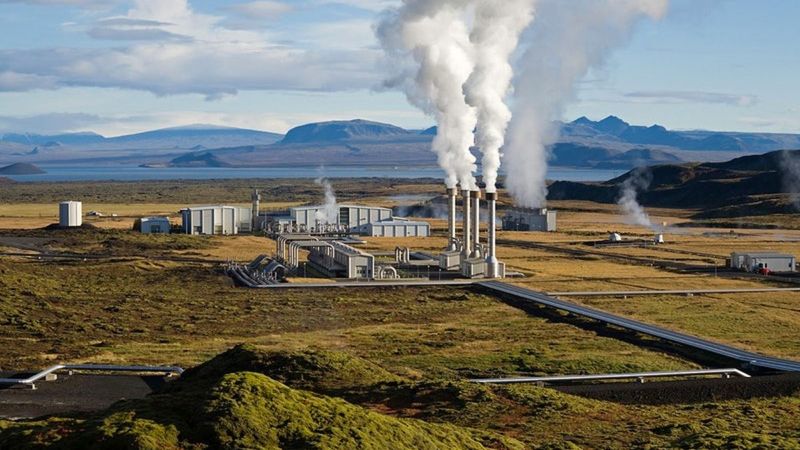
The industrial era was propelled by fossil fuels, particularly coal and oil. These resources fueled machinery that revolutionized production, leading to unprecedented economic growth and urbanization. Factories powered by fossil fuels increased efficiency and output across industries.
However, this growth came at an environmental cost, with increased emissions and resource depletion.
Balancing industrial advancement with environmental preservation remains critical in today’s world. As industries evolve, they face the challenge of integrating sustainable practices while continuing to benefit from the energy provided by fossil fuels.
Energy Accessibility

Fossil fuels have made energy more accessible, transforming lives by providing electricity to homes, businesses, and rural areas. This accessibility has improved quality of life, supporting essential services such as healthcare and education.
Yet, the environmental impact of fossil fuel extraction and use poses significant challenges.
While renewable energy sources offer cleaner alternatives, fossil fuels continue to play a vital role in global energy supply. The ongoing transition to sustainable energy seeks to balance immediate energy needs with long-term environmental goals.
Economic Dependency
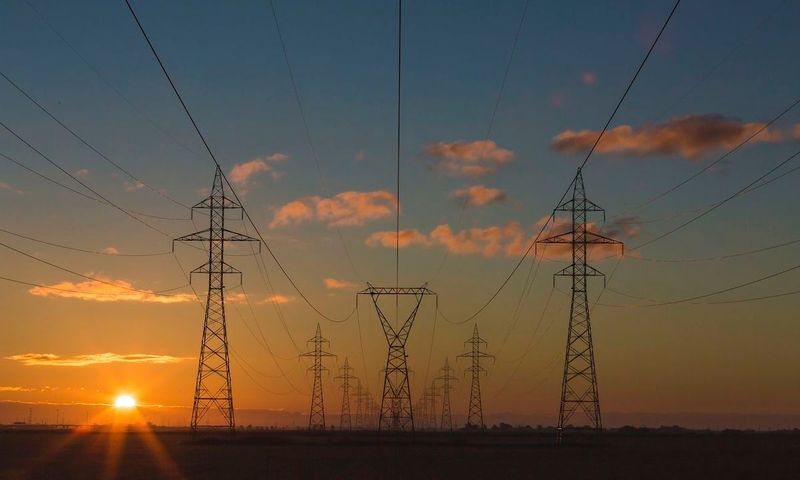
Many economies are heavily dependent on fossil fuels for their energy needs and economic stability. Oil, coal, and natural gas sectors create jobs and drive revenue in numerous countries.
However, this dependency makes economies vulnerable to market fluctuations and geopolitical tensions.
The shift towards renewable energy presents both a challenge and an opportunity, as nations strive to diversify their energy sources and reduce fossil fuel dependency. Balancing economic interests with environmental responsibilities is crucial in navigating this complex landscape.
Environmental Pollution
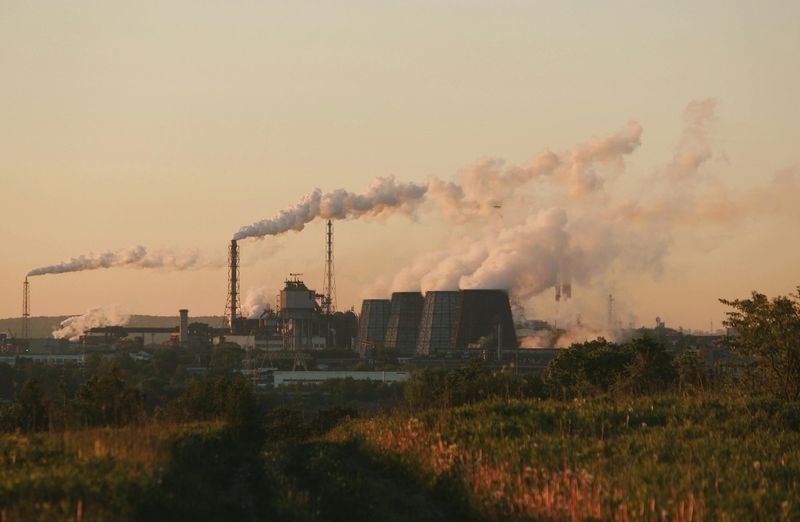
The environmental impact of fossil fuel consumption is stark, with pollution being a major concern. Burning fossil fuels releases harmful emissions, contributing to air and water pollution, acid rain, and health problems.
This pollution affects ecosystems and biodiversity, prompting calls for cleaner energy solutions.
Efforts to regulate emissions and invest in renewable energy are essential in addressing the environmental challenges posed by fossil fuels. The pursuit of cleaner technologies and sustainable practices aims to reduce the ecological footprint of energy production.
Climate Change

Fossil fuel consumption significantly contributes to climate change, as burning these fuels releases greenhouse gases like carbon dioxide into the atmosphere. This accelerates global warming, affecting weather patterns, sea levels, and ecosystems.
The urgency to combat climate change has led to international agreements and initiatives aimed at reducing fossil fuel reliance.
Transitioning to renewable energy sources and implementing energy-efficient technologies are key strategies in mitigating climate change impacts. Collective global efforts are necessary to address the pressing climate challenges exacerbated by fossil fuel use.
Technological Advancements

Fossil fuels have driven technological advancements, from steam engines to modern computing devices. These fuels powered the development of technologies that have shaped industries, communication, and daily life.
The energy provided by fossil fuels has enabled innovation and the creation of groundbreaking technologies.
Yet, as technology continues to evolve, there’s a growing emphasis on sustainable and renewable energy sources to power future innovations. The challenge lies in continuing technological progress while minimizing environmental impacts.
Geopolitical Influence

Fossil fuels wield significant geopolitical influence, as countries vie for control over these valuable resources. Oil, in particular, has been a key factor in international relations, influencing alliances, conflicts, and economic policies.
The strategic importance of fossil fuels often dictates global power dynamics, with countries using energy resources as leverage in negotiations.
As the world shifts towards renewable energy, the geopolitical landscape is expected to evolve, potentially reducing fossil fuel-driven tensions and fostering new forms of international cooperation.
Health Impacts
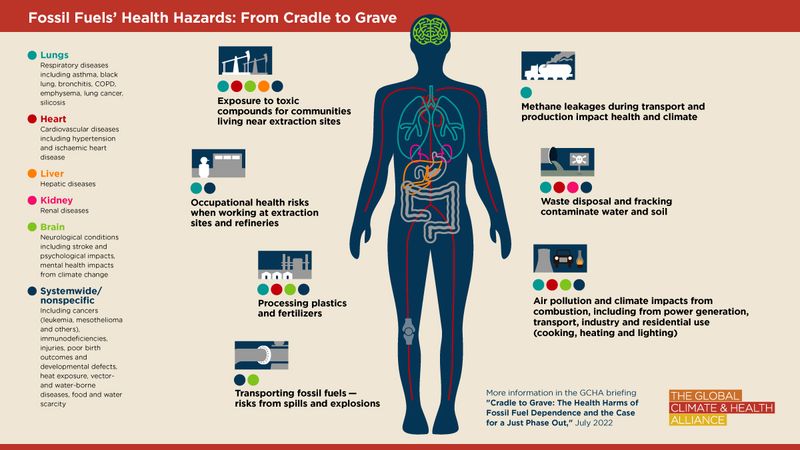
The health impacts of fossil fuel use are a growing concern, as pollution from burning these fuels contributes to respiratory and cardiovascular diseases. Communities near industrial areas often experience higher rates of health issues due to air and water pollution.
Efforts to reduce emissions and transition to cleaner energy aim to mitigate these health risks.
Public awareness and policy changes are crucial in addressing the health challenges posed by fossil fuels. Prioritizing cleaner technologies can lead to improved public health outcomes and a healthier environment.
Innovation Hubs
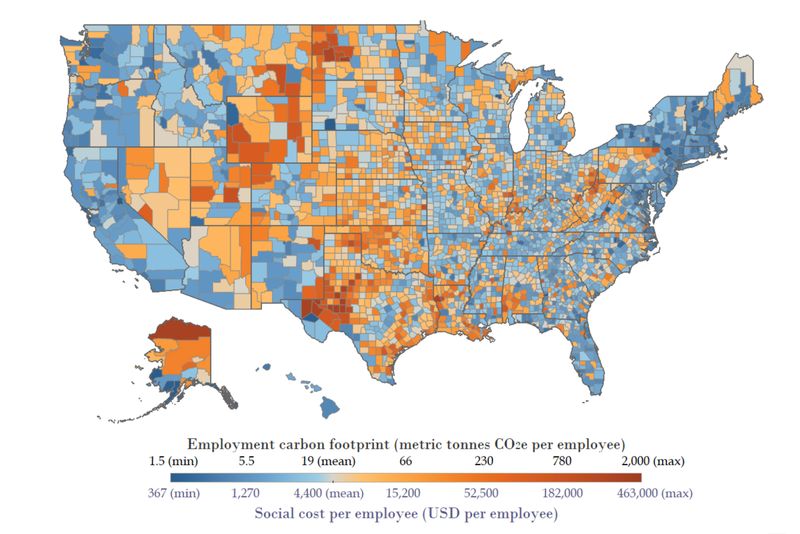
Fossil fuels have spurred the development of innovation hubs, where technological and industrial advancements flourish. These centers of creativity and research have led to breakthroughs in energy, transportation, and manufacturing.
While fossil fuels provided the initial energy boost, innovation hubs are increasingly focusing on sustainable technologies.
The transition to renewable energy within these hubs highlights the shift towards more environmentally-friendly solutions. Encouraging collaboration and investment in clean energy technologies is vital for continued innovation and sustainability.
Economic Disparities
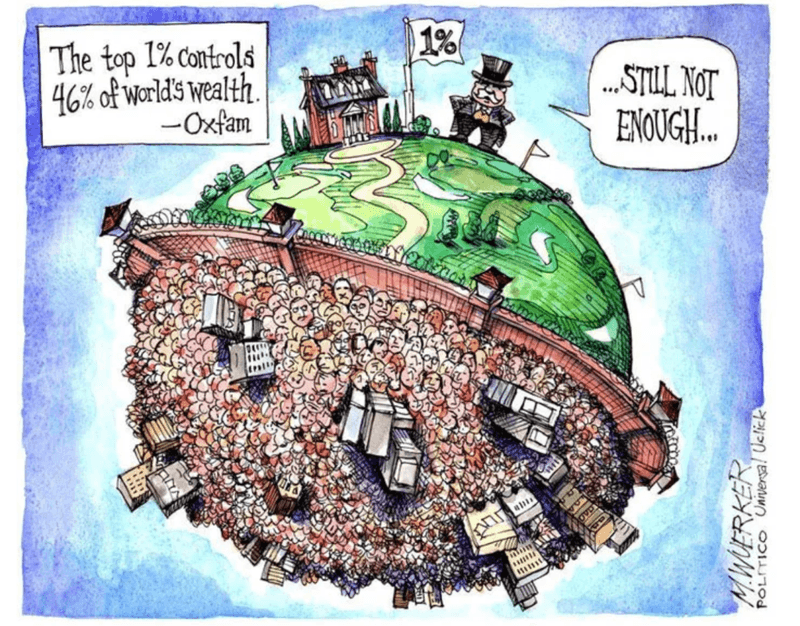
The distribution of fossil fuel wealth often exacerbates economic disparities, as resource-rich regions gain economic power while others remain disadvantaged.
This disparity can lead to social and political tensions, as communities struggle for equitable access to resources and benefits.
The transition to renewable energy presents an opportunity to address these inequalities by diversifying energy sources and promoting more inclusive economic growth. Ensuring fair distribution of energy resources is essential for fostering global equity and reducing conflicts associated with fossil fuel dependency.
Cultural Shifts

Fossil fuels have influenced cultural shifts, from the industrial revolution to the digital age. The energy provided by these fuels transformed societies, enabling mass production, urbanization, and technological progress.
These changes have reshaped lifestyles, communication, and cultural practices.
As societies become more aware of environmental impacts, cultural values shift towards sustainability and conservation. Embracing renewable energy and reducing fossil fuel reliance are key to fostering a culture of environmental responsibility. This cultural evolution reflects the growing emphasis on balancing progress with ecological stewardship.
Renewable Energy Transition
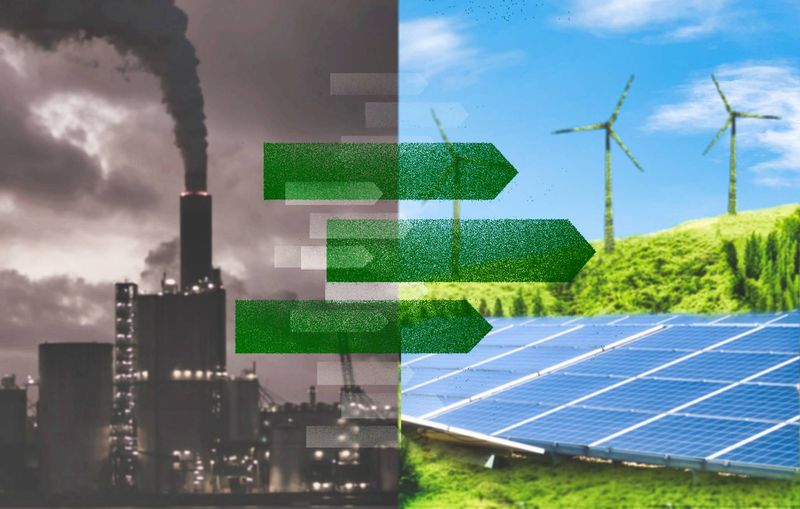
The push for renewable energy is reshaping the global energy landscape, as nations seek to reduce reliance on fossil fuels. Solar, wind, and hydroelectric power are gaining traction as cleaner alternatives.
This transition is driven by the need to mitigate climate change and reduce pollution.
While challenges remain, such as storage and infrastructure, innovation in renewable technologies is steadily overcoming these barriers. The shift towards sustainable energy is crucial for a greener future and requires collaboration across sectors to achieve long-term environmental and economic goals.
Job Creation and Loss
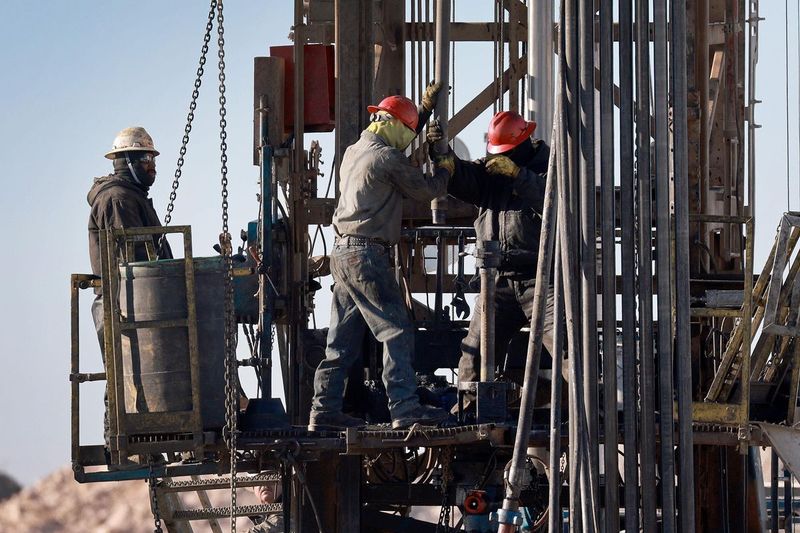
Fossil fuel industries have historically been significant sources of employment, providing jobs in extraction, production, and distribution. However, the shift towards renewable energy is transforming job markets.
While new opportunities arise in sustainable sectors, traditional fossil fuel jobs face decline.
Balancing job creation with economic stability requires strategic planning and investment in workforce retraining. Supporting workers through this transition is vital to ensure that economic growth aligns with environmental goals. Encouraging education and skill development in renewable energy sectors can foster a resilient and adaptable workforce.
Technological Reliance

Modern society’s technological reliance on fossil fuels is profound, as these energy sources power everything from factories to smartphones.
While fossil fuels have enabled technological progress, this dependence poses challenges, such as resource depletion and environmental degradation.
Transitioning to renewable energy is essential for reducing reliance on fossil fuels and fostering a sustainable future. Emphasizing innovation in clean energy technologies can diminish fossil fuel dependency and pave the way for continued technological advancement without compromising environmental health.
Innovation in Energy Efficiency

Innovations in energy efficiency are crucial in reducing fossil fuel consumption and mitigating environmental impacts. From energy-efficient buildings to advanced transportation systems, these innovations aim to optimize resource use.
Fossil fuels have initially powered these advancements, but the focus is shifting towards sustainable solutions.
Encouraging energy efficiency across sectors can lead to significant reductions in emissions and resource use. Investing in research and development of energy-efficient technologies is vital for achieving long-term sustainability and reducing the ecological footprint of human activities.
Public Awareness
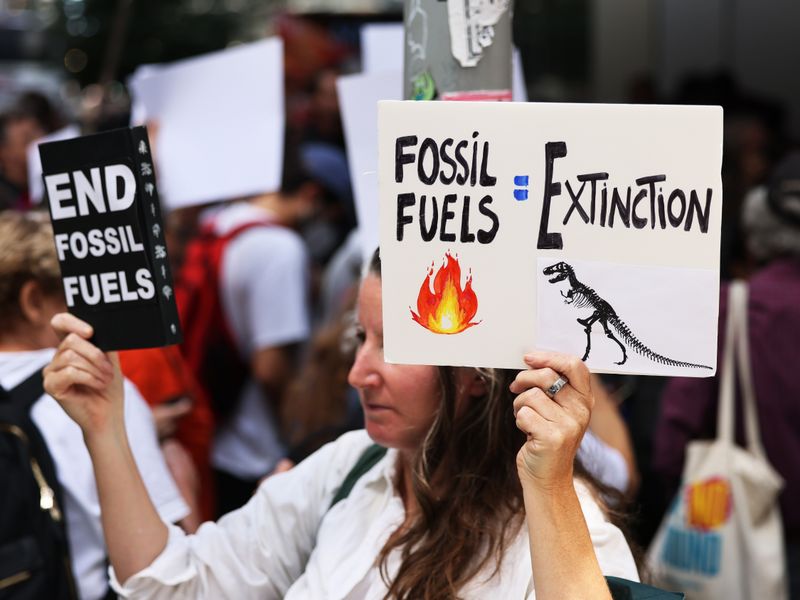
Public awareness of fossil fuel impacts is growing, with education and advocacy playing key roles in promoting sustainable practices. Communities are increasingly engaged in discussions about energy choices and environmental consequences.
This awareness drives demand for cleaner energy solutions and influences policy decisions.
Empowering individuals with knowledge about fossil fuels and alternatives can lead to informed choices and collective action towards sustainability. Encouraging community involvement and education initiatives is essential for fostering an environmentally-conscious society dedicated to reducing fossil fuel reliance.
Technological Disruption
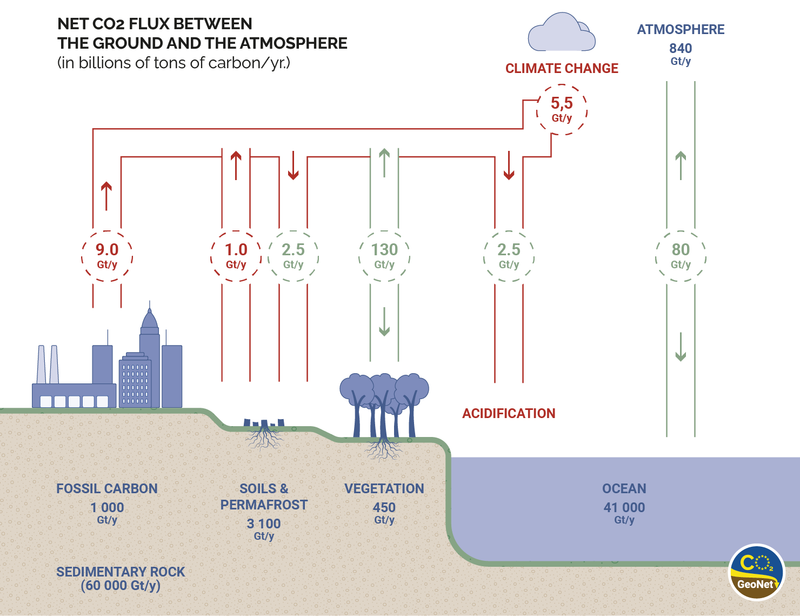
Technological disruption is reshaping the energy sector, as renewable energy innovations challenge traditional fossil fuel technologies. Advancements in solar, wind, and battery storage are redefining energy production and consumption.
This disruption is driven by the need for cleaner, more sustainable energy sources.
Embracing technological change is vital for reducing reliance on fossil fuels and achieving environmental goals. Supporting research and development in renewable technologies can accelerate this transition and create a more resilient and adaptable energy system for the future.
Cultural Identity and Fossil Fuels

Fossil fuels have shaped cultural identities, particularly in regions where extraction and production are central to local economies. These fuels have provided livelihoods and fostered community pride.
However, the environmental and health impacts pose challenges to these communities.
Balancing cultural heritage with sustainable practices is essential for preserving both the environment and cultural identity. Encouraging dialogue and collaboration between communities and policymakers can help navigate the transition to cleaner energy while respecting cultural values and traditions.
Wildlife and Habitat Impact

Fossil fuel extraction and consumption have significant impacts on wildlife and habitats. Activities such as drilling and mining disrupt ecosystems, affecting biodiversity and ecological balance.
Efforts to mitigate these impacts include conservation initiatives and regulations to protect natural habitats.
Promoting sustainable energy practices is crucial for preserving wildlife and ecosystems. Supporting conservation efforts and prioritizing environmental protection in energy policies can help safeguard biodiversity and ensure a healthy planet for future generations. Balancing energy needs with ecological preservation remains a critical challenge.
Economic Opportunities in Renewables
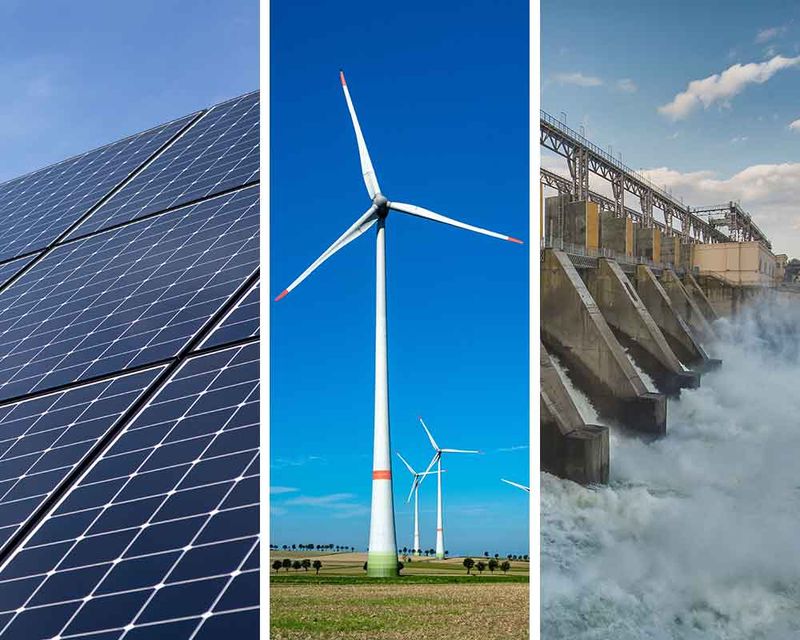
The transition to renewable energy presents significant economic opportunities, creating jobs and fostering innovation in green technologies. Industries such as solar, wind, and energy storage are rapidly expanding, offering new career paths and economic growth.
Investing in renewable energy can drive sustainable development and reduce carbon emissions.
Governments and businesses are recognizing the potential of renewables to stimulate economic growth while addressing environmental challenges. Supporting policies and initiatives that promote renewable energy investment can unlock these opportunities and contribute to a sustainable and prosperous future.
Global Energy Security

Fossil fuels have long been central to global energy security, but this reliance poses risks such as supply disruptions and geopolitical tensions. The shift towards renewable energy offers a more secure and sustainable path.
Diversifying energy sources and investing in renewables can enhance energy security and resilience.
Collaborating on international energy initiatives and sharing technologies can reduce dependence on fossil fuels and strengthen global energy networks. Achieving energy security requires balancing immediate energy needs with long-term sustainability goals, ensuring a stable and reliable energy future.
